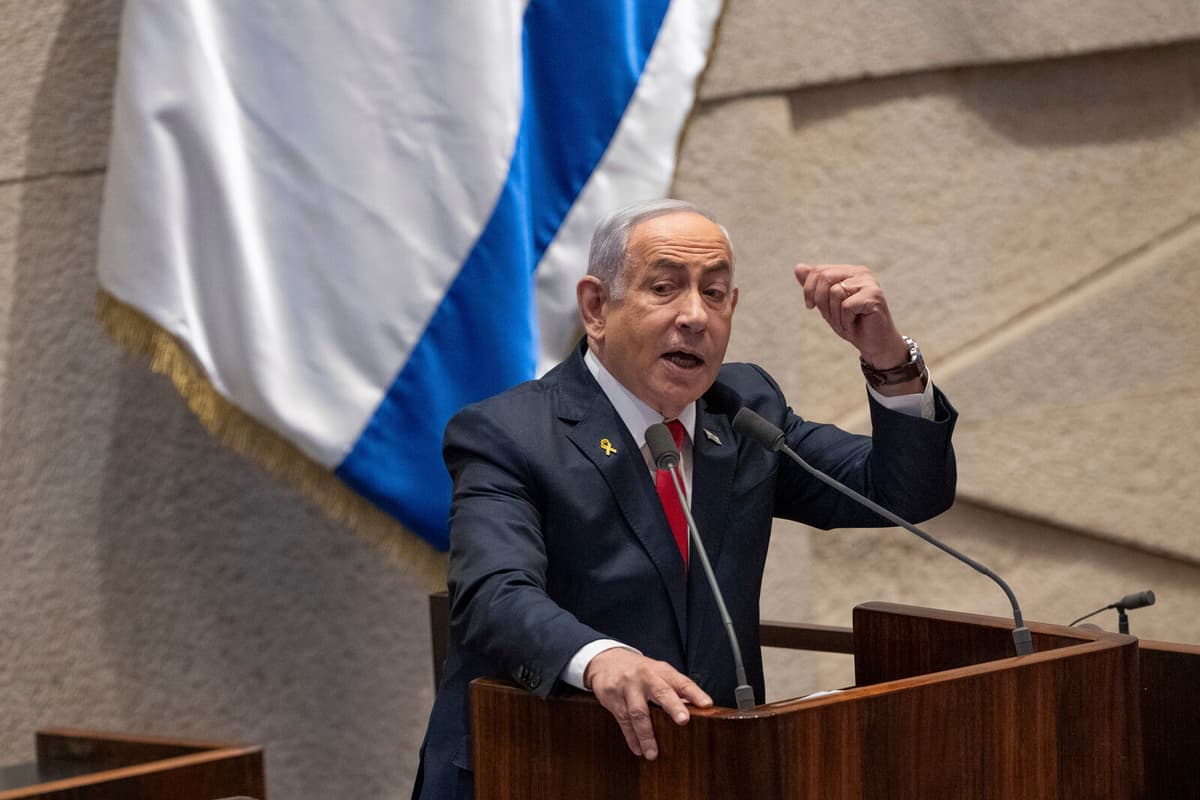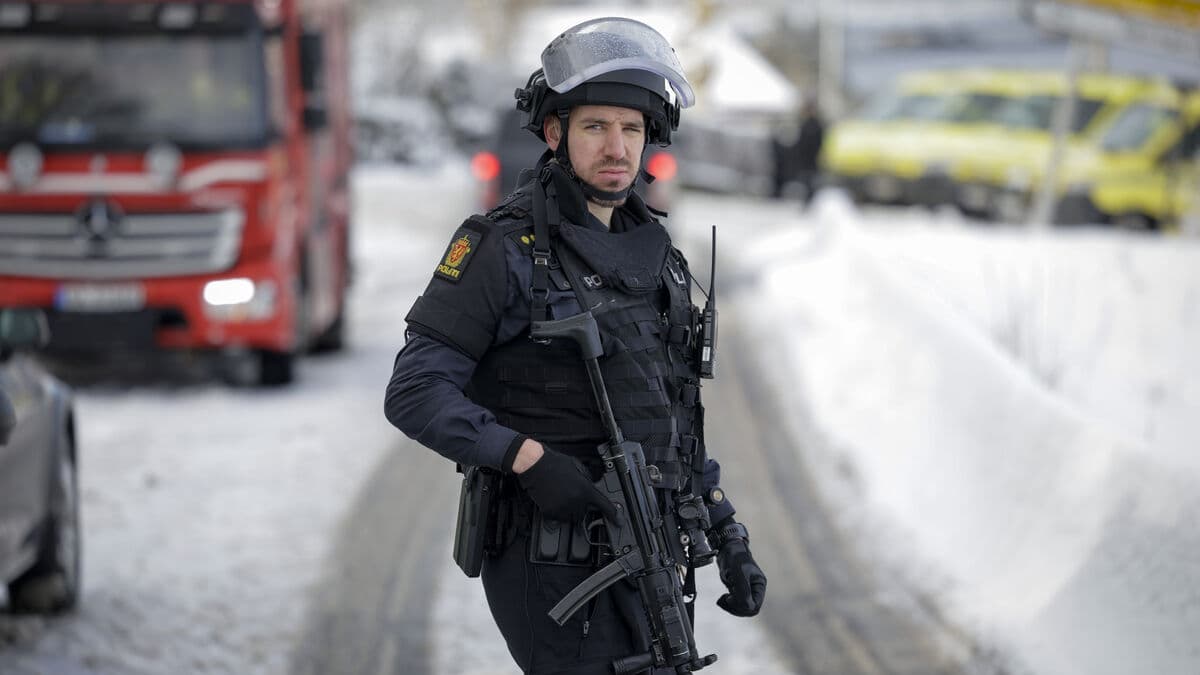The Israeli government recently urged state actors to boycott the country's oldest newspaper, Haaretz.
"Another step in Netanyahu's journey to dismantle Israeli democracy," Haaretz commented.
Israel-Palestine expert Anders Persson agrees, noting that the case of Israel is not unique, but rather follows a global trend of democracies in retreat. Despite this, there are certain factors that stand out.
A vendetta
The development is accelerated by the war and the government's shift towards authoritarianism. Prime Minister Netanyahu's vendetta against the judiciary after being charged with fraud also plays a role, says Persson.
The current Israeli government took office at the end of 2022. The government consists of a coalition of right-wing, ultra-orthodox, and far-right parties.
Shortly after taking office, the government sparked outrage by launching a legislative package that would strengthen the power of politicians at the expense of the judiciary. Hundreds of thousands of Israelis took to the streets to express their discontent.
After Hamas' attack on October 7, 2023, a war cabinet was formed, which put a halt to the ongoing changes. However, after opposition leaders resigned in protest against the prime minister, the cabinet was dissolved, and the government was able to resume its plans.
In the shadows
It's happening now, on the side. Israelis are quick to mobilize and protest, but it's different during a war, says Isabell Schierenbeck, a political scientist at the University of Gothenburg and Middle East expert.
She believes that the encroachments on democracy risk being overshadowed globally.
A future scenario is that the dismantling of democratic institutions will continue in secret if Israel becomes increasingly isolated from the world due to criticism of its warfare. This could make it harder for movements within Israel fighting for democracy, says Schierenbeck.
She also believes that the ICC's arrest warrant could contribute to strengthening the government's power.
Many Israelis feel they are fighting a war on multiple fronts and don't understand why the world can't see it. Some believe the arrest warrant is like a gift to Netanyahu, something he can use domestically, she says.
In a liberal democracy, there are legal and legislative limits on executive power, as well as protection of civil liberties and equality before the law.
Between 2013 and 2023, Israel, according to the V-dem Institute, lost its status as a liberal democracy and is now classified as a democracy with free elections.
Much of the erosion of Israeli democratic institutions is, according to Freedom House, linked to discriminatory practices aimed at increasing control over the occupied West Bank.
In July 2023, Prime Minister Benjamin Netanyahu's government also adopted legislation that would have weakened the Israeli Supreme Court's oversight powers. The court has historically limited the seizure of Palestinian land in the West Bank and stopped legislation that ignores Palestinians' rights. In January 2024, the Supreme Court overturned the new law.
Freedom of expression has been under pressure in Israel in recent years, and Israeli authorities have increasingly cracked down on statements related to the situation in the West Bank and Gaza.
The restrictions increased after Hamas' attack last year. In November 2023, parliament approved a law criminalizing "consumption of terrorist material" and significantly expanded the authorities' already extensive surveillance powers.
In the spring, the Israeli government's decision to ban the Qatar-based media company Al Jazeera from operating in the country received much attention. The reason for the decision was that the government believes the channel spreads Hamas propaganda.
Israel has fallen sharply in Reporters Without Borders' press freedom index and now ranks 101 out of 180. Two years ago, in 2022, the country ranked 86.
Source: V-dem Institute, Reporters Without Borders, and Freedom House






